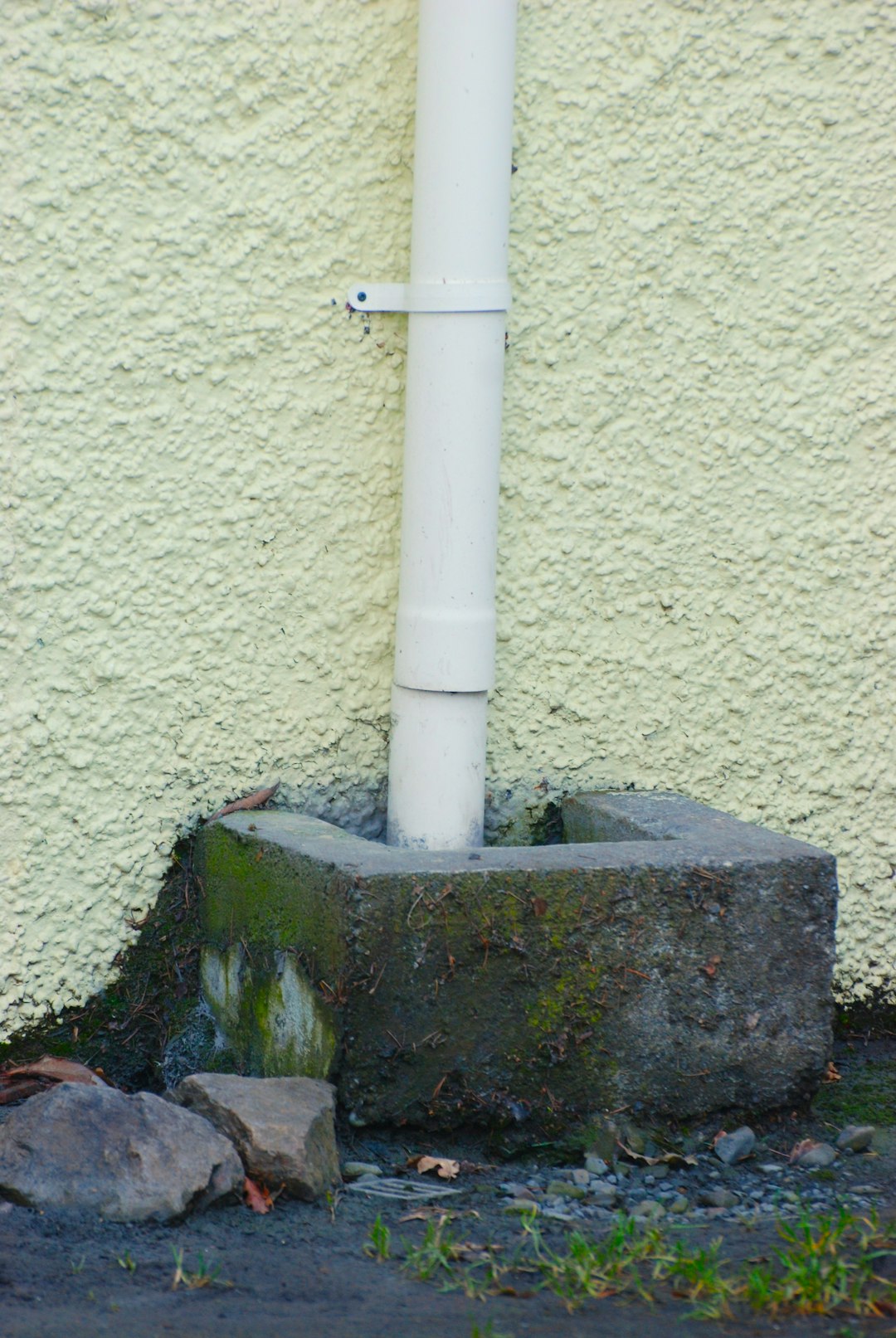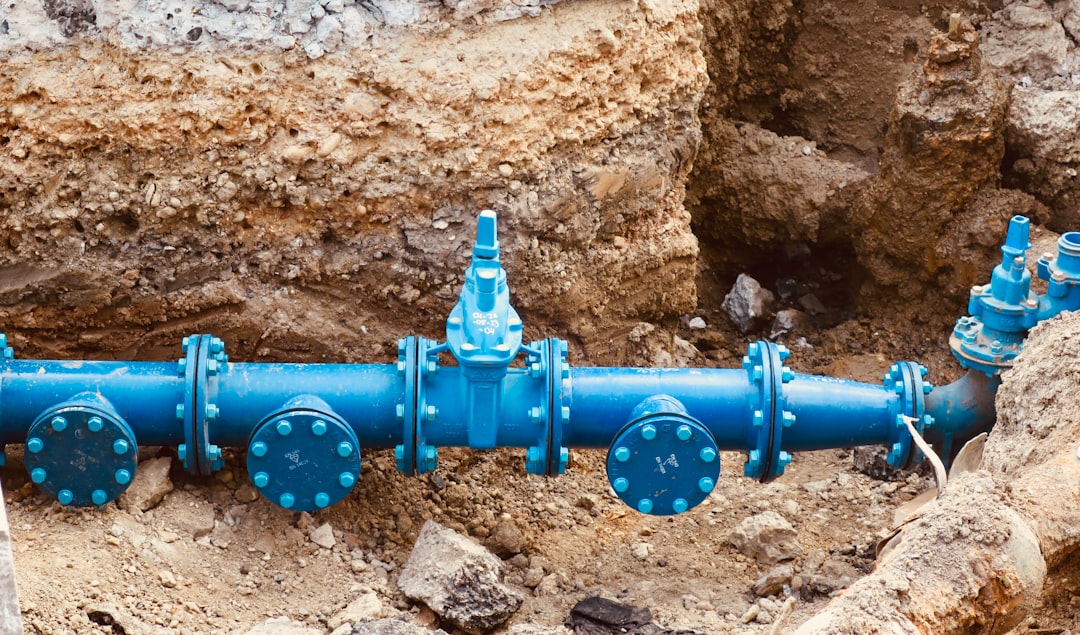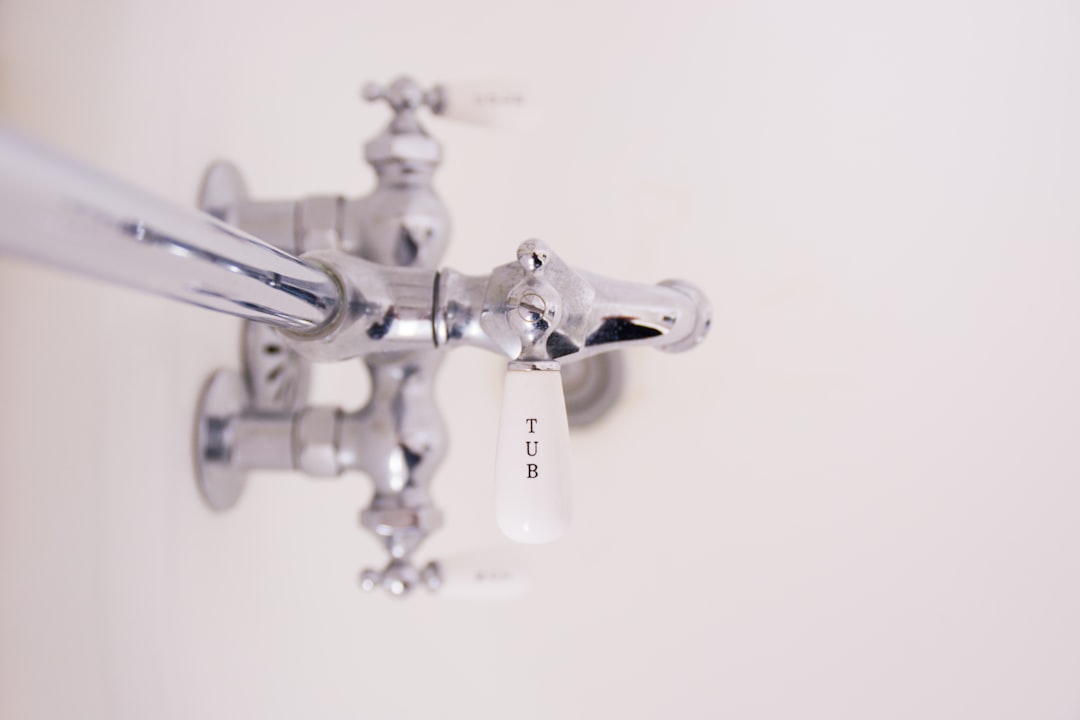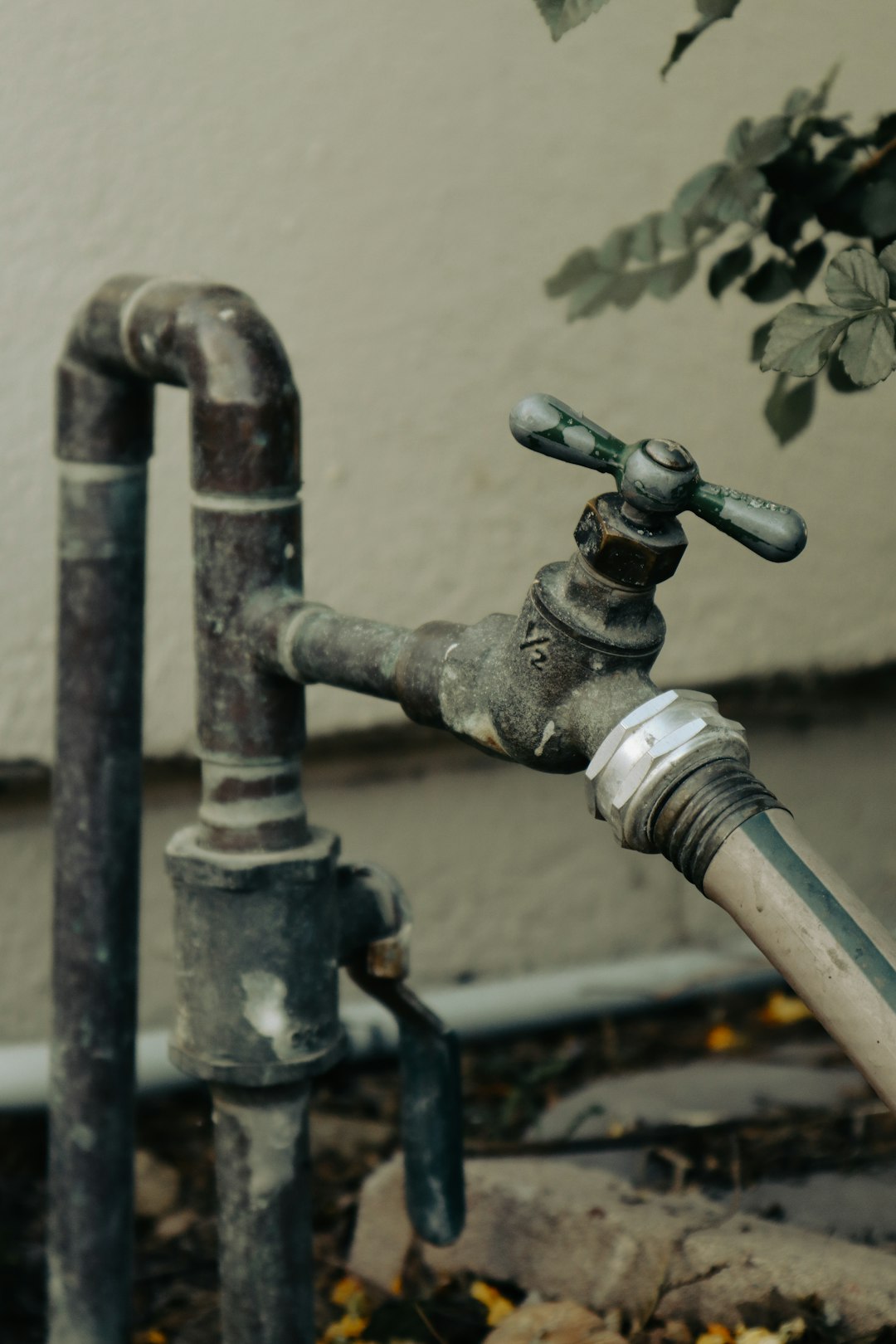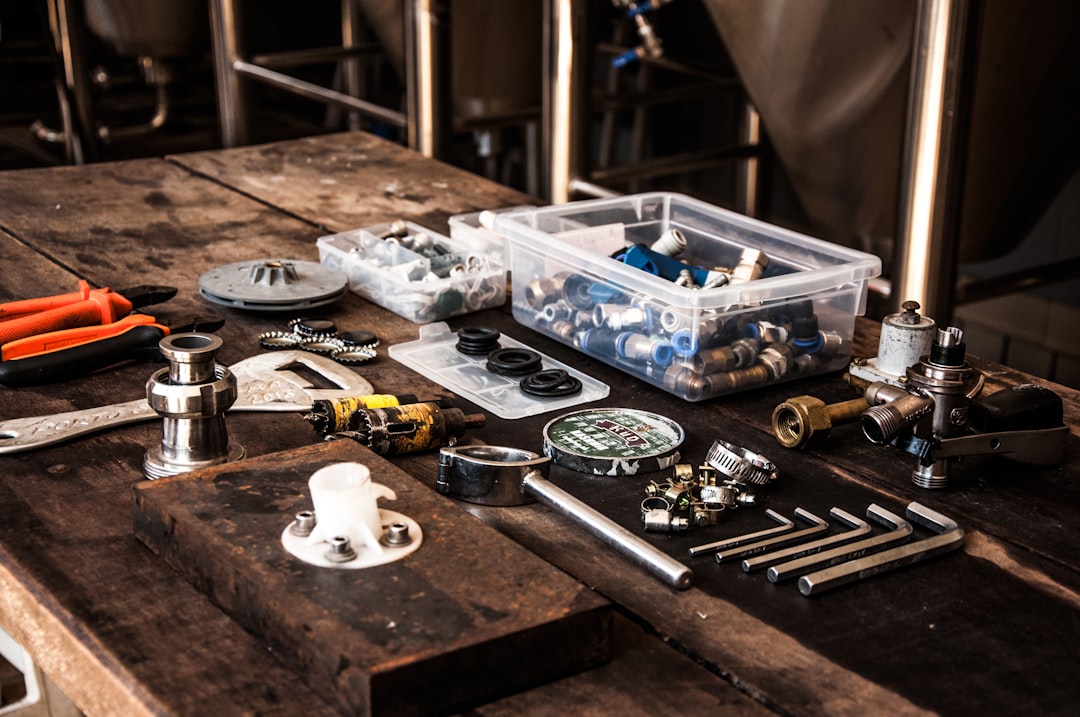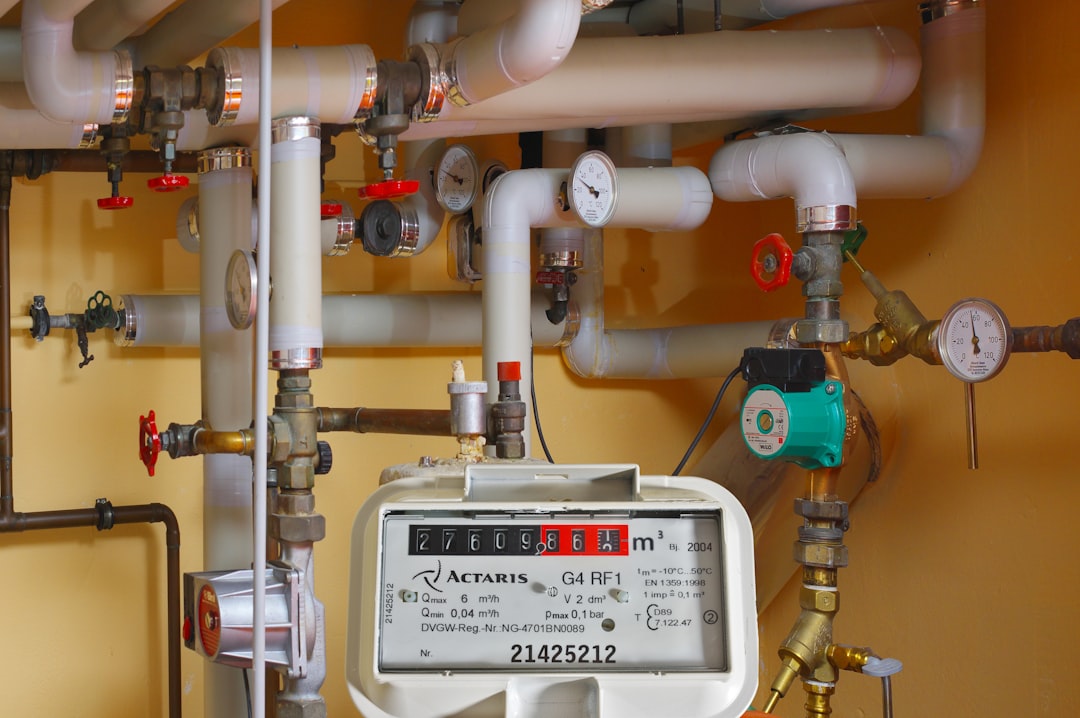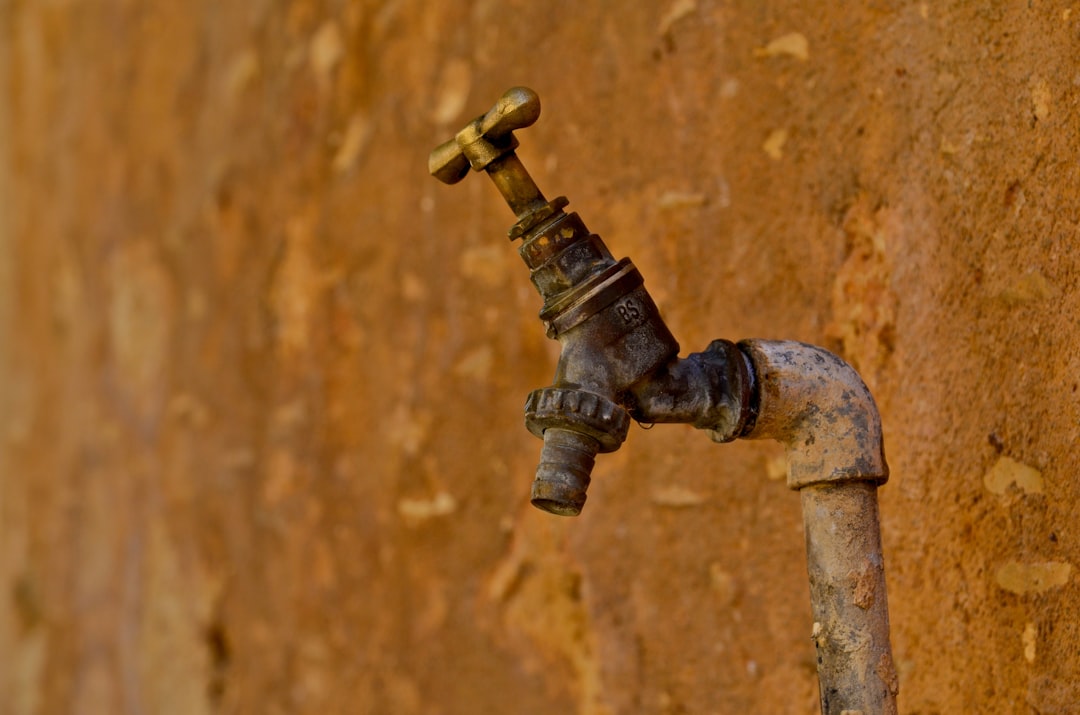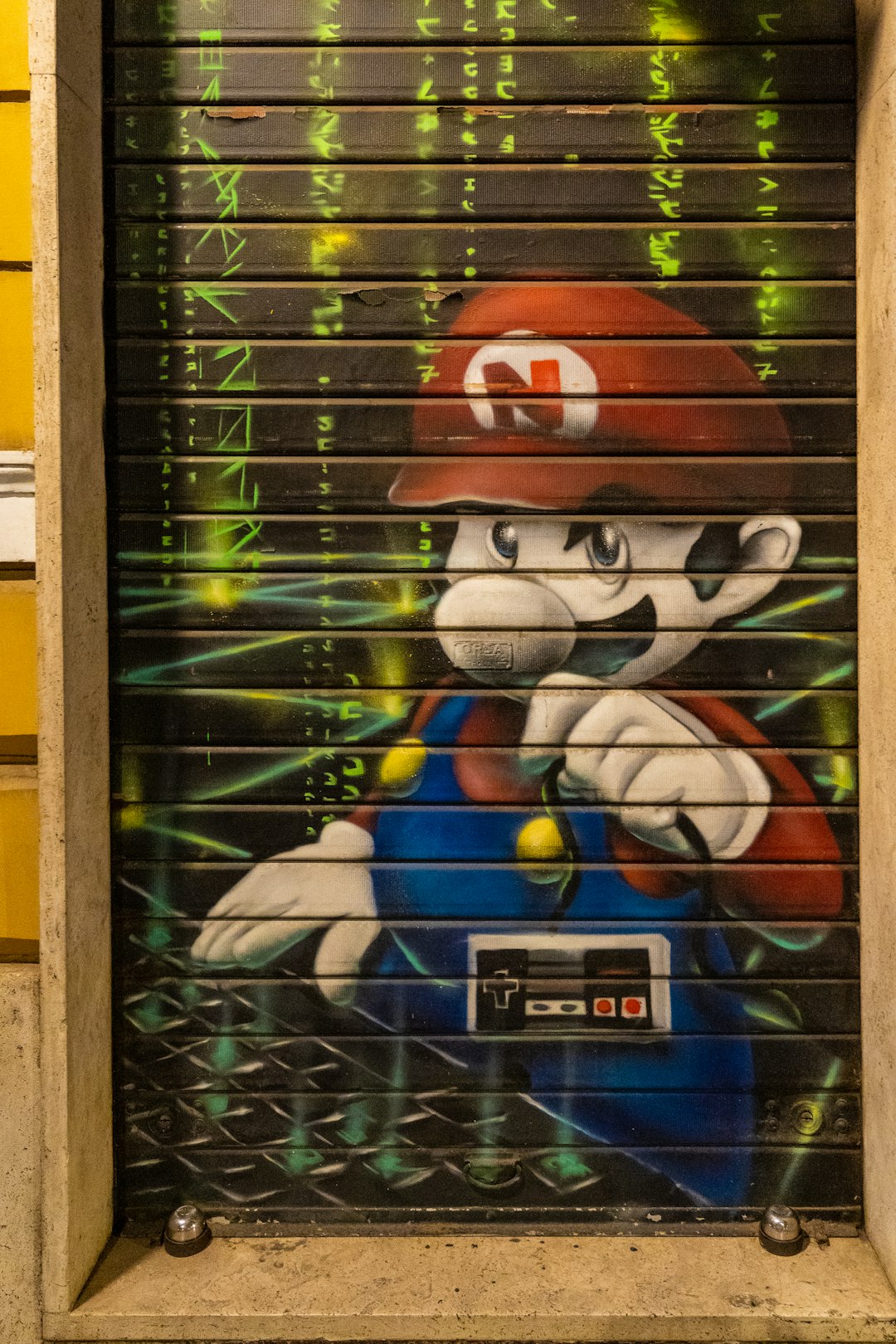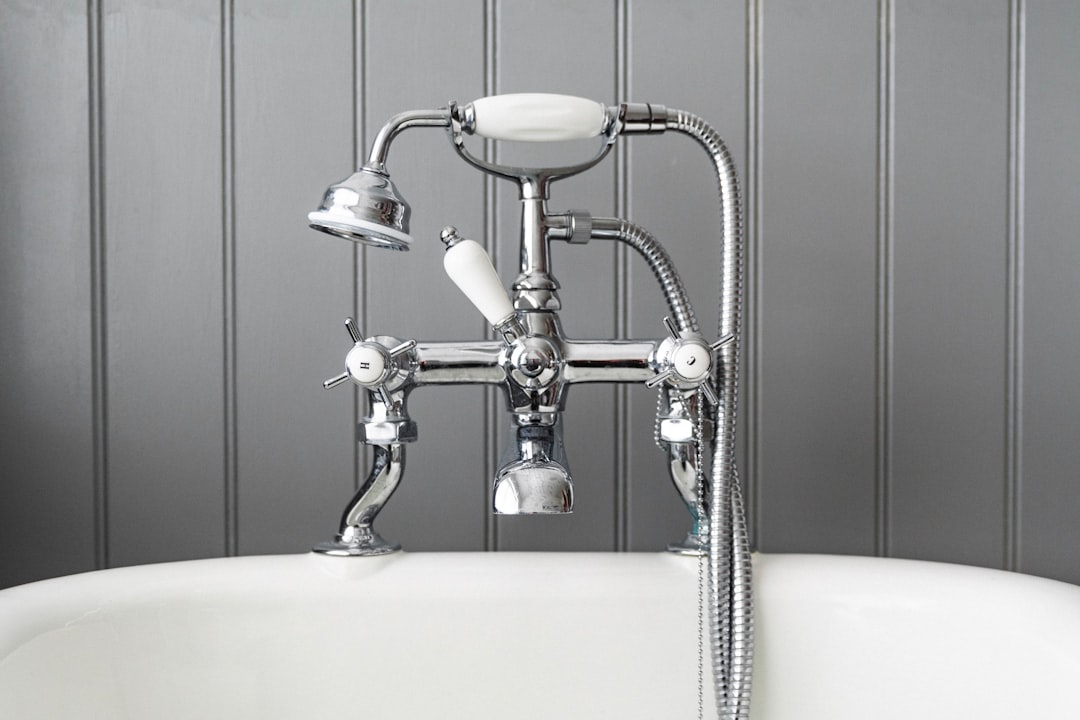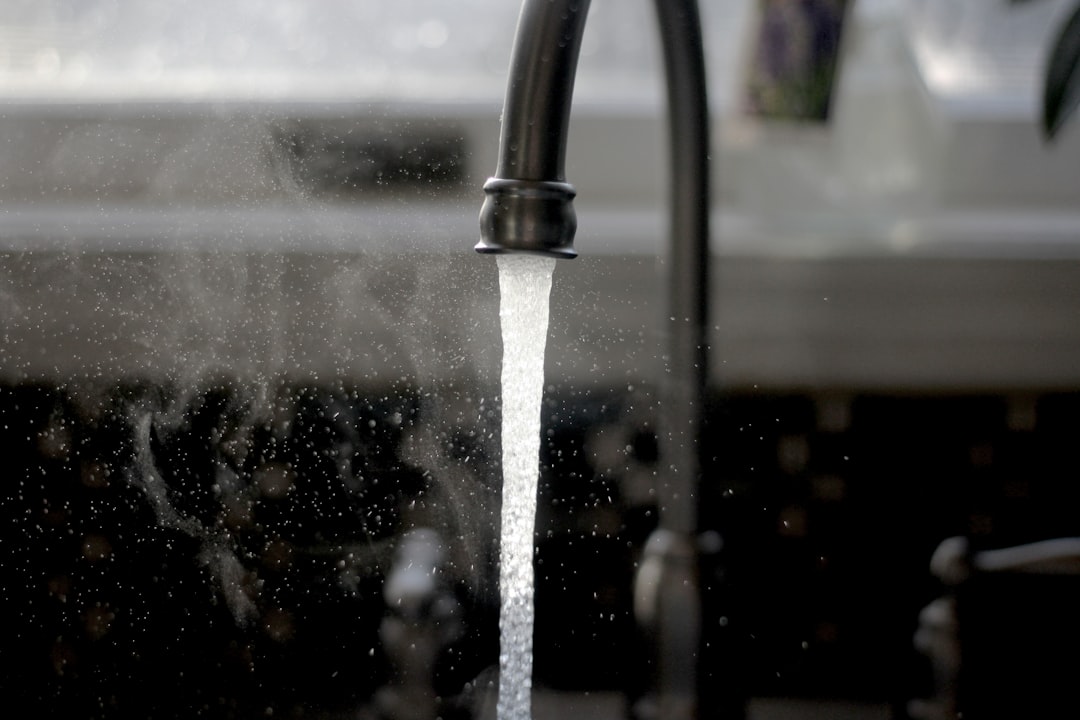Table of Contents
- Introduction
- Overview of plumbing services related to gas line installation
- Qualifications and certifications required for plumbers to install gas lines
- Comparison of plumbers and gas fitters in gas line installation
- Common plumbing issues that may arise during gas line installation
- Understanding local plumbing codes and regulations for gas lines
- Safety measures and best practices for gas line installation
- Cost considerations for gas line installation by plumbers
- When to hire a plumber for plumbing gas line emergencies
- Conclusion
- Frequently Asked Questions
Introduction
When it comes to home repairs, few trades are as essential as plumbing. From fixing leaks to installing new fixtures, plumbers are the unsung heroes of our homes. But what happens when the job at hand involves gas lines—a task often shrouded in mystery and safety concerns? Can licensed plumbers step into this realm, or is there a distinct division between plumbing and gas fitting?
In this article, we will unravel the complexities of plumbers’ expertise, exploring whether they are equipped to install gas lines and the necessary certifications that may come into play. We’ll delve into the nuances of their training, the safety regulations they must adhere to, and why understanding their scope of work is crucial for any homeowner contemplating gas line installation. Are you ready to clear the air about who can safely handle gas lines in your home? Let’s dive in!
Overview of plumbing services related to gas line installation
Plumbing services related to gas line installation are critical for ensuring that gas is safely and efficiently delivered to various appliances within a home or business. This involves a range of tasks, including the installation of new gas lines, the replacement of old or faulty lines, and routine maintenance checks to ensure compliance with safety regulations. Plumbers typically have specialized training and certifications to handle gas line work, as it requires precision and a deep understanding of the materials and safety protocols involved.
In addition to installation, plumbers also conduct leak detection tests, which are essential for identifying any potential issues that could lead to hazardous situations. Repairing gas lines can be complex, often requiring the plumber to navigate through walls or beneath floors. Moreover, they also play a key role in connecting gas appliances, such as stoves and water heaters, ensuring that they are properly hooked up and functioning.
Overall, the expertise of qualified plumbers in gas line installation and maintenance is indispensable for the safety and comfort of occupants.
Qualifications and certifications required for plumbers to install gas lines
Installing gas lines is a specialized task that requires specific qualifications and certifications for plumbers. First and foremost, a plumber must hold a valid plumbing license, which demonstrates their knowledge and competence in the field. Many states and regions require additional certifications specifically for gas line installation.
These certifications often involve training programs that cover the safe handling and installation of gas piping systems. Topics typically include gas codes, safety protocols, and emergency procedures. Moreover, plumbers may need to complete coursework or apprenticeship programs that focus on gas line work.
In some areas, a master plumber designation may be necessary to legally install gas lines. This advanced level of certification often requires passing rigorous exams and having extensive experience in plumbing. Additionally, staying current with local codes and regulations is essential, as these can vary significantly from one jurisdiction to another. Overall, the combination of formal education, practical experience, and ongoing training ensures that plumbers are well-equipped to safely and effectively install gas lines.
Comparison of plumbers and gas fitters in gas line installation
The installation of gas lines requires specialized knowledge and skills, leading to a distinction between plumbers and gas fitters. While both professions are essential in the broader plumbing industry, their areas of expertise differ significantly.
Plumbers are primarily trained to handle water supply systems, drainage, and overall plumbing installations. Their licensing typically covers a range of plumbing tasks, but does not always extend to gas lines. In contrast, gas fitters are specifically trained and certified to work with gas systems, including the installation, maintenance, and repair of gas lines. This specialization is crucial due to the potential hazards associated with natural gas, including leaks and explosions.
In some regions, plumbers may be allowed to install gas lines if they have received additional training and certification. However, it is advisable to hire a qualified gas fitter for any gas-related work to ensure safety and compliance with local regulations.
Understanding the differences between these two professions can help homeowners make informed decisions regarding gas line installation and maintenance.
Common plumbing issues that may arise during gas line installation
During gas line installation, several common plumbing issues may arise, potentially complicating the process. One significant issue is improper sealing of connections, which can lead to gas leaks. If connections are not securely tightened or if the wrong type of sealant is used, it can create dangerous situations.
Another issue is the presence of corrosion in existing pipes, which might not be immediately visible. Corroded pipes can lead to leaks and decreased efficiency, necessitating additional repairs.
Additionally, inadequate pressure testing can result in undetected leaks. If the gas line is not tested for pressure after installation, small leaks may go unnoticed, posing safety risks.
Moreover, local building codes must be adhered to, and failure to comply can result in inspections failing, which may require costly rework. Lastly, the installation may be hindered by physical obstructions, such as existing plumbing or electrical lines, which can complicate the routing of new gas lines. Being aware of these potential issues can help in planning a more efficient installation process.
Understanding local plumbing codes and regulations for gas lines
Understanding local plumbing codes and regulations for gas lines is crucial for ensuring safety and compliance. These codes can vary significantly from one municipality to another, making it essential for plumbers to familiarize themselves with the specific laws governing gas installation in their area. Local regulations typically outline the materials that can be used, the installation techniques that must be followed, and the necessary inspections that are required before and after the work is completed.
In many locations, only licensed professionals are permitted to install gas lines, which often includes specific training in gas line installation and safety protocols. Failing to adhere to local codes can result in dangerous situations, such as gas leaks, and may also lead to penalties or forced removal of the improperly installed lines. Additionally, homeowners should always verify that any plumber they hire meets local licensing requirements and understands the relevant codes. This not only ensures the safety of the gas installation but also protects the homeowner from potential legal or financial repercussions.
Safety measures and best practices for gas line installation
When installing gas lines, safety measures and best practices are crucial to ensure the well-being of both the installer and the occupants of the property. First and foremost, it’s essential to familiarize oneself with local codes and regulations regarding gas line installation, as these laws vary by location. Using the right materials is also critical; only approved pipes and fittings should be used to prevent leaks.
Before beginning the installation, professionals should shut off the main gas supply and properly ventilate the work area to avoid any buildup of gas. Wearing personal protective equipment (PPE) such as gloves and safety glasses is advisable to protect against potential hazards.
During the installation, meticulous attention to detail is required. This includes ensuring all connections are tight and sealed properly. After the installation, it is crucial to conduct a leak test using a soap solution or a gas leak detector. Additionally, the use of pressure testing can further confirm the integrity of the gas lines. Regular inspections and maintenance of installed gas lines are essential to guarantee ongoing safety and efficiency.
Cost considerations for gas line installation by plumbers
When considering gas line installation by plumbers, several cost factors come into play that homeowners should be aware of. First and foremost, the complexity of the installation process can significantly affect the total price. Simple installations in easily accessible areas usually cost less, while installations that require more labor and specialized equipment can drive up expenses.
Additionally, the type of materials used for the gas lines, such as copper or polyethylene, can impact costs. Higher quality materials may have upfront costs but can offer better durability and longevity.
Labor costs also vary based on the plumber’s experience and location; therefore, obtaining multiple quotes can help in finding a competitive price. Furthermore, some municipalities may require permits and inspections, which can add to the overall cost.
Homeowners should also consider potential maintenance costs and follow-up inspections as part of their budget, as ensuring safety and compliance is crucial when dealing with gas lines.
When to hire a plumber for plumbing gas line emergencies
When it comes to plumbing gas line emergencies, knowing when to hire a plumber is crucial for your safety and well-being. If you smell gas in your home, it is essential to take immediate action. This usually indicates a leak, which can pose serious risks, including explosions or poisoning. Do not attempt to locate the source of the leak yourself; instead, evacuate the premises and call your local emergency services or a certified plumber.
Another situation that warrants hiring a plumber is if you notice signs of gas line corrosion or damaged pipes. This can manifest as hissing sounds, visible rust, or pilot lights that keep extinguishing.
Furthermore, if your appliances that rely on gas—such as your stove or heater—are not functioning properly, it is advisable to consult a plumber. They possess the training and experience to handle gas lines safely and effectively, ensuring that your home is secure and that any necessary repairs are made.
Conclusion
In conclusion, while plumbers can install gas lines, it is imperative to ensure they possess the necessary qualifications and certifications to perform this specialized work safely. Understanding the difference between plumbers and gas fitters, being aware of local regulations, and knowing the potential challenges associated with installation can help homeowners make informed decisions. If you have any gas line concerns, whether it’s installation, maintenance, or emergencies, do not hesitate to seek professional assistance. Protect your home and family by contacting a qualified plumber today. For immediate plumbing assistance, call 573-555-2121 and ensure your gas lines are in safe hands.
